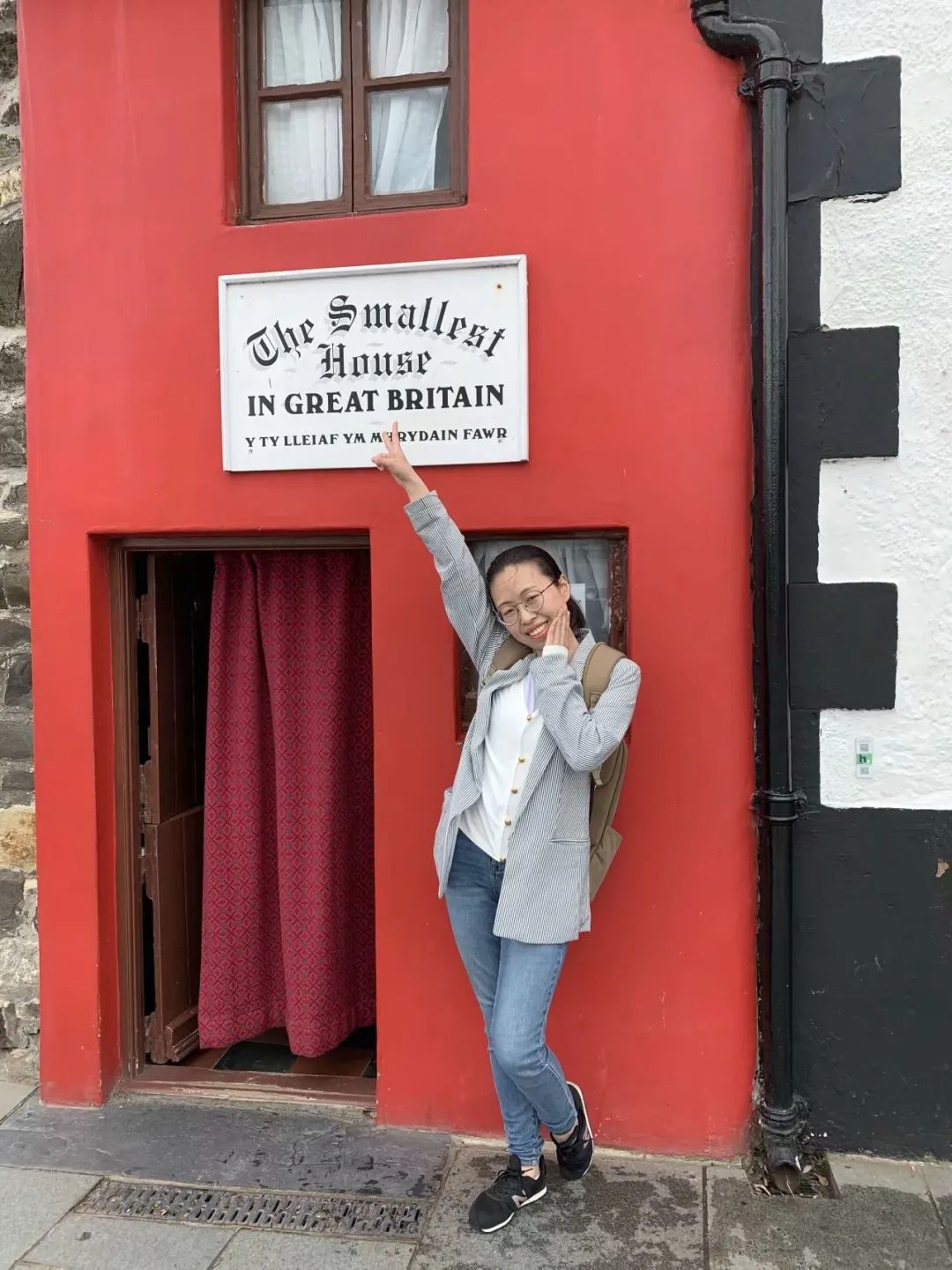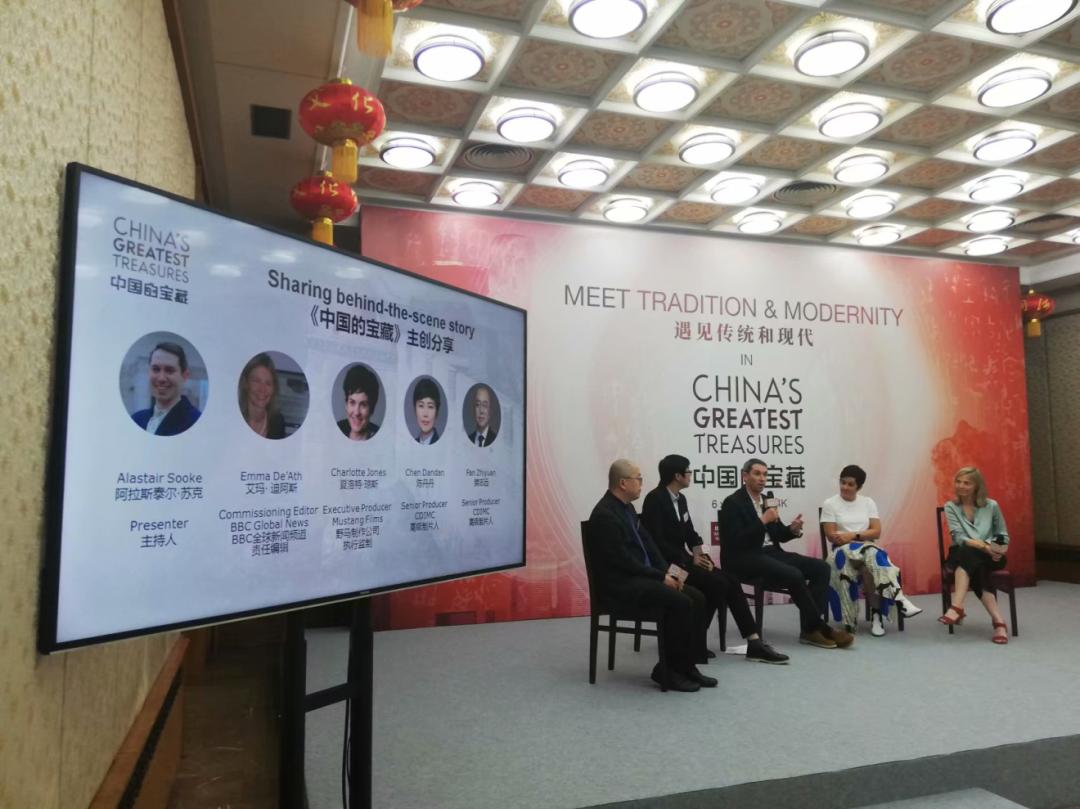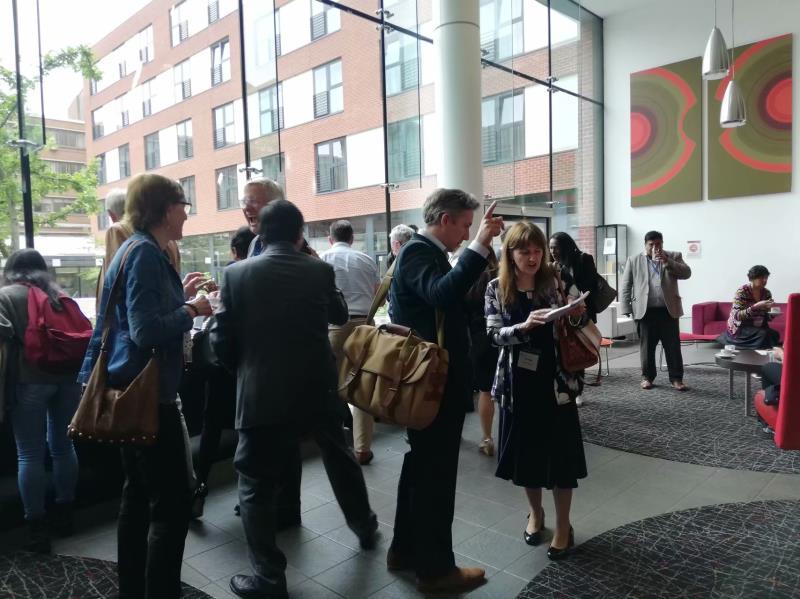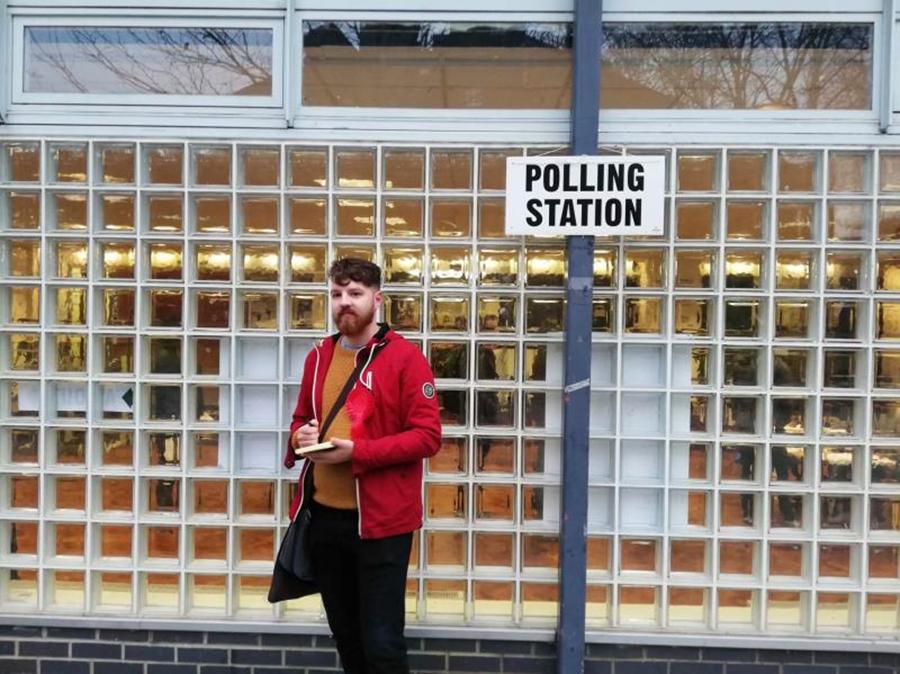Dialogue Zhang Xue: I’m a journalist in Britain.
Original surround furnace surround furnace

Zhang Xue, an undergraduate in sociology, studied for a master’s degree in gender and international development in the UK. After graduation, she worked in the Chinese media in London. This experience gave her an opportunity to observe and think about all aspects of British society and the Chinese community in Britain.
Make a promise
Thousand = Millennium Snow
Zhang = Zhang Xue
Xu | About the Chinese media in Britain, I only knew that there was a new Chinese media for British newspaper sisters. It seems that the audience is mainly overseas students in the UK, which has a great influence, and people who are not in the UK will also pay attention to it. Can you tell me something about the British Chinese media and your work first?
Zhang | The format of Chinese media in Britain is quite diverse. In addition to the British newspaper sister who pursues traffic more in content, there are many specialized investment media and well-done marketing media. Maybe there is not so much traffic, but there are still a group of loyal audiences. The information is really objective and fair, and some people will still read it.
Although the print media are declining all over the world, the local Chinese in Britain, especially the older generation of Chinese, still have the habit of subscribing to newspapers. At present, the paper media with large circulation in Britain include European Times, UK-Chinese Times, Huawen Weekly, British Overseas Chinese News and Chinese Business Daily.
Although I paid more attention to British politics before, in fact, news in various fields related to the Chinese community will run. Now, because the work under the epidemic line has stopped, at present, it is mainly translation and editing, and some British media news is transferred to our new media platform.
Getting along with Xu | undergraduate makes me think that you are a character who prefers quiet thinking. I never thought that you would do such a publicity job as the media. Besides, I talked to you before, and you seemed to talk about the difficulty of finding a job. Can you tell me how you chose this job?
Zhang | I majored in gender and international development at Warwick University. The main destinations of this major are government departments, academic research and NGOs. As far as I know, these industries have limited job opportunities. I have long heard that it is not easy to find a job in Britain. In March of 19, I submitted my resume in various industries with a try mentality. Perhaps because of my experience in media work as an undergraduate, I was lucky to receive offer from two Chinese media. The media I am currently in is supported by a private capital and has certain freedom in topic selection and voice. This paper media was founded by mainland businessmen in 2003, but it is printed in traditional Chinese characters, perhaps considering that quite a few of our readers still come from Guangdong or Hong Kong.
I haven’t been in Britain for a long time, and I’m not very sociable (laughs). I haven’t established a wide network of social relations, so I can’t talk about going deep into the mainstream society in London. But after all, the media still have the opportunity to participate in various local activities, and have a face-to-face meeting with British colleagues such as BBC and The Times. In addition, I have an empirical understanding of the specific operation of British democracy by reporting on the 19-year double 12 elections in Britain.

Xu | I still remember that you said that it was more difficult for Chinese to find a job in Britain than for Pakistanis (laughs), and you also talked to me about the relative marginalization of the Chinese community in the mainstream society. In fact, this issue has also been concerned, and the reasons summarized are nothing more than the huge differences in language, culture and living habits. Do you have your own views on this?
Zhang | People with different education levels or classes may encounter different difficulties when they integrate into the British local society. The Chinese I contact most are overseas students or colleagues with higher education, but the language problem is not very big, and the differences in culture and living habits are more prominent. For example, British locals like to go to bars to drink, watch football, exercise, walk and do public welfare, etc. I don’t deny that there are also Chinese who like these, but the specific methods and contents are still very different.
This is my explanation from my personal experience, but I think there is a very prominent phenomenon in the Chinese community as a whole, and that is: going their own way. The Chinese communities in Britain are relatively isolated from each other. I also consulted some local predecessors, and their views are mainly the lack of an appealing organization/leader to maintain the identity of Chinese communities.
I remember an elite Chinese said, "Chinese and Jews are very similar, both attach great importance to industry, and then attach great importance to their children’s education, and they are engaged in similar occupations, both of which are high-income middle classes." But compared with Jews, the Chinese community does not have a bond to maintain each other. " Most of the joint activities of the Chinese community I witnessed here are pragmatic and have practical benefits. For example, many activities are funded by the Chamber of Commerce, and everyone seems willing to form a bureau to get to know each other. When this matter is over, it will be over. Few large groups are organized because of certain political ideas or hobbies. Even there are few organizations with academic interests. At present, the only one that is relatively large seems to be the natural science group organized by doctors in brain and brain science.
In addition, there are very few Chinese who can speak for themselves in political circles, and there are not many Chinese elites in politics. As for why this happens, I think the main reason is that the history of immigration is too short. For a group, it takes a process to self-unite and participate in public politics.
British Chinese immigrants gathered in London at the earliest and most, and the first wave of immigrants came from Hong Kong in the 1960s and 1970s. The second wave was probably in the 1990 s, the tide of immigrants from the mainland; In recent 10 years, studying abroad has brought a large number of China students and investment immigrants. The first wave of immigrants generally started from the bottom labor force, made laundry rooms, and then slowly opened restaurants.
This is very similar to some immigrants from Romania or Poland in Eastern Europe. Their main purpose is to save money and go back to their own countries to buy a house. Then they will exploit themselves and accumulate the capital to return to China. They will still go to the factory to work overtime on holidays, just to get double wages, and they are politically silent.
Participating in politics or building a community requires a material foundation. Basically, the first generation of Chinese who come to Britain have worked hard to make money and invest in education, so that the next generation or generations can engage in middle-class occupations, such as doctors, lawyers, IT, finance, real estate, etc. Many Chinese I have come into contact with have received higher education and have decent jobs, but most of them are shown as "economic animals", but they are relatively aphasic on social and political issues.
However, the situation has changed. With economic status, political elites will naturally emerge. In particular, the overall institutional environment is actually relatively relaxed, and there is no situation in which political power is not open to a certain ethnic group. In 15 years, Alan Mak, the first Chinese MP, appeared in the British House of Commons. In the 19-year general election, there were also nine Chinese candidates (two from the mainland, seven from Hongkong, Taiwan Province or Malaysia, to be precise, the parents of those immigrants, all of whom were born in Britain), and two were elected as members of the House of Commons, one was Alan Mak, and the other was Sarah Owen of the Labour Party, who was the first female Chinese member in the history of the British Parliament. In this way, Chinese-Americans in the United States just launched a candidate like Andrew Yang last year. Although it can’t be said that it was very successful, it was at least a good attempt.
I remember that one of these nine members was Wang Xingang, and last year was his third time to run for the House of Commons. He graduated from Beijing Jiaotong University with a bachelor’s degree. He completed the master’s degree in engineering, master’s degree in finance and executive courses at Imperial College, Oxford and Harvard Business School respectively, and currently works in the City of London. He knows well the social rules in Britain, knows how to face and fight back against discrimination, and tells Chinese people some ways to deal with it. Since the outbreak of the epidemic, hate crimes against Chinese in Britain have surged. During this period, he received a discriminatory video from a black man to the effect that we don’t need you in England. Please go back to your country. He immediately contacted the local government, police and NGOs, and the three departments also gave feedback in a timely manner. In fact, mainstream British society has zero tolerance for racial discrimination, and as long as it reacts to government departments, it can be highly valued. Taking the initiative to participate in the mainstream society in Britain is also a means to reduce discrimination. Wang Xingang gave several ways to participate in the mainstream society, such as applying to be a magistrate (justice of the peace), a local councillor or a school manager.
However, many Chinese are afraid to defend their rights when they encounter these problems, and their participation in mainstream society is not enough. As I said above, the mainstream values of British society are very disgusted with racial discrimination. Of course, it does not rule out its existence and does not dare to be blatant. The long-term marginalization of Chinese people is largely due to their lack of self-awareness, their failure to realize that they can do these things, or their lack of interest in this thing. Of course, there are also reasons for information asymmetry.
There is also a phenomenon that a large number of mainland students hold the idea of being a guest in Britain for a short time from the beginning, and naturally they are not very involved in British society. In fact, many domestic observations on British society also come from this group, and it is normal to have some deviations.
There are still many mainland immigrants who are investment immigrants, such as various big businessmen. They are all rich in resources, and their main industries may not be in Britain. These people do not need to participate in the local society, nor do they need to have any deep contact with the Chinese community. This is also an important reason why the Chinese community, especially the Chinese community in mainland China, is relatively scattered.
Xu | So, within the Chinese, will many geographical organizations play a role? For example, will the community connection and identity in Wenzhou or Chaoshan be higher than the overall level of Chinese who can speak Mandarin?
Zhang | This kind of organization, which is similar to hometown association or geographical chamber of commerce, certainly exists, and I have participated in it to some extent. For example, there are large chambers of commerce in many provinces across the country, and many activities of Chinese society are sponsored by them, including the chamber of commerce, which will also take the lead in organizing international students from the same hometown to get together and exchange feelings during the New Year. But in fact, everyone has nothing in common, that is, they will break up after a meal. If there is any personal business cooperation, it is actually their personal business, and it is hard to say that there is any direct connection with the Chamber of Commerce itself. Generally speaking, I feel that all individuals are atomized, and all kinds of geographical and industrial organizations are just platforms for atomic individuals to expand their society or resources, and they do not have strong organizational power.

Xu | religious activities or election activities to elect members representing the interests of the community will not strengthen the ties within the crowd?
Zhang | Religious activities will certainly maintain the internal identity of the crowd, but the decline or secularization of religion is a general trend in Britain. When religion declines, what will be used to maintain a community? Xiang Biao, a professor of anthropology at Oxford University, mentioned such a phenomenon-"the disappearance of the neighborhood". Everyone either pays attention to tiny personal interests or grand narratives, but ignores the surrounding communities.
Can democratic elections divided by various regions strengthen local identity? I don’t think so. Last year, I went to interview Islington North, the constituency of former Labor Party leader Corbin, and interviewed about 8-9 voters who went to the polling station to vote. I asked them what topics they were concerned about this year. Everyone was basically talking about Brexit and NHS. No one said anything about improving the infrastructure around Islington North and strengthening community security.
I remember a Muslim voter wearing a headscarf. She originally supported the Liberal Democratic Party, but she changed her position and voted for Corbin. Then she asked her why. He said that because her daughter was going to college, Corbin’s policy was to advocate nationalization, which would lead to a reduction in college tuition, at least beneficial to his family. In this way, when an individual votes, he rarely thinks about the community, but starts from his own interests or his small family.
For example, policy voting at the national level, such as Brexit or free medical care, may lead to a large number of voters who hold the same position, but in fact, they have no other consensus except voting. Once their own situation changes, they will easily change their positions. For example, when the new immigrant’s economic conditions improve and he moves out of the original community, his political position will soon change, and he will not care about the local area when he stays in the original community.
Of course, in some people whose situation has remained stable for a long time, the situation will definitely be very different, and I think there is room for further explanation.

Do you have any concerns about British local media? What is the income of media practitioners?
Zhang | The words of the British media are deeply bound to British politics. They need public opinion support in all kinds of government decision-making or election issues, and they are inseparable from the media. For example, in the past, there were a lot of doubts on Twitter, but it needs to be clarified that group immunization is not the official policy of Britain. It was the Chief Science Officer who first put forward this concept, and later, it was because of many objections from the people that the government began to adopt stricter policies such as grounding orders. In fact, it’s not just an epidemic. Every policy or bill of the British government will be released to major media before it is actually put into operation, to see the reaction of public opinion, and then the voices of the people can be uploaded through political channels and reflected directly through the media. With this interactive discussion process, everyone has psychological expectations for it, so the policy is not released arbitrarily, but only after the participation of the media and a wide range of public opinions.
In addition, the media are also divided into camps. For example, The Guardian is a typical left-wing media, while The Times and The Telegraph support the Conservative Party. Elections or various political games also require public opinion wars. At this time, the media in each camp will also do some supervision and propaganda, expose the black material of the other camp, and investigate some fraud in depth. This is what the Guardian does best. Journalists often make unannounced visits and report to politicians. For example, in this epidemic, a secret investigation by the Guardian revealed that a purchasing supervisor of NHS set up a company during the epidemic to sell a large number of personal protective equipment privately for profit, which is poking the pain point of the British government’s anti-epidemic policy.
There is also a special emphasis on media independence, but I think it is inevitable whether there will be internal interest transfer or the tendency of media reporters’ own values. We can only say that we will strive to maintain the independent status of the media in the system design, such as relying on the market for income and not accepting political funding, and mutual supervision between the media has always existed.
As for the treatment of British media practitioners, generally speaking, it is definitely not a high-paying profession. The annual salary of the Guardian reporter is only in the early 20,000 pounds, but the average annual salary of the financial services industry in the City of London can reach nearly 70,000 pounds. Many former senior government officials will enter the media after leaving office. For example, george osborne, the former chancellor of the exchequer, is the editor-in-chief of London Evening Standard. In addition, media reporters can also move to the political field. Boris was a reporter for The Times, The Telegraph and The Observer before he entered politics.
Postscript: the words of the interviewee
Being a journalist in the UK started by accident, but it left a great impression on my career in the UK, which not only allowed me to capture vivid details when the democratic system took root, but also made me understand the importance of information in personal empowerment. I have always regarded Britain as the first stop to know the world, and I hope to remain a bystander in the future, observing and recording the scenery in different cultural fields. Wish, always on the road, keep walking.
Wen | Promise Millennium Snow
Figure | Zhang Xue
Original title: "Dialogue with Zhang Xue: I am a reporter in the UK | Wai Furnace FDU"
Read the original text